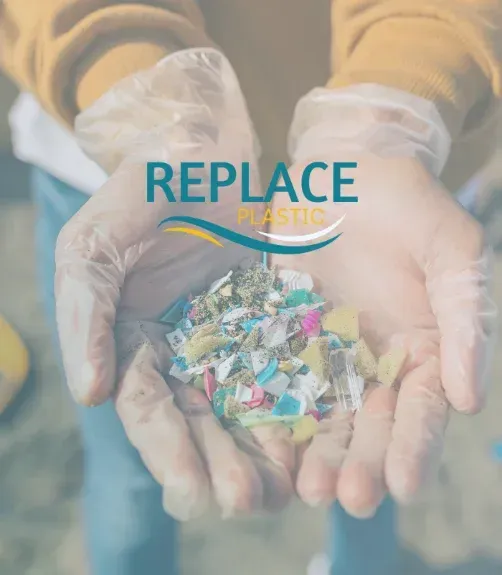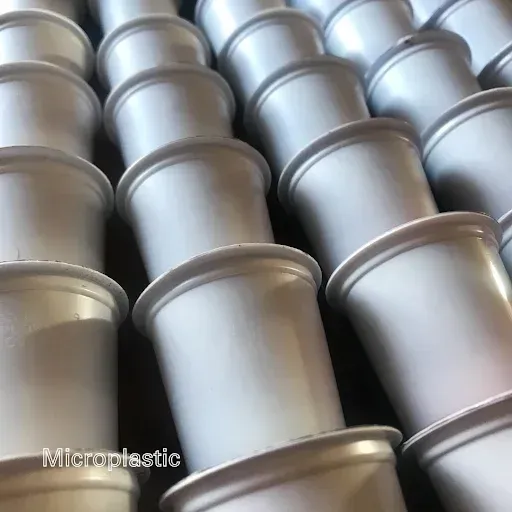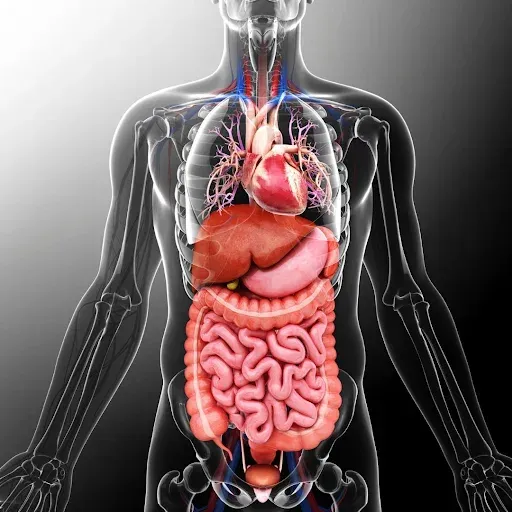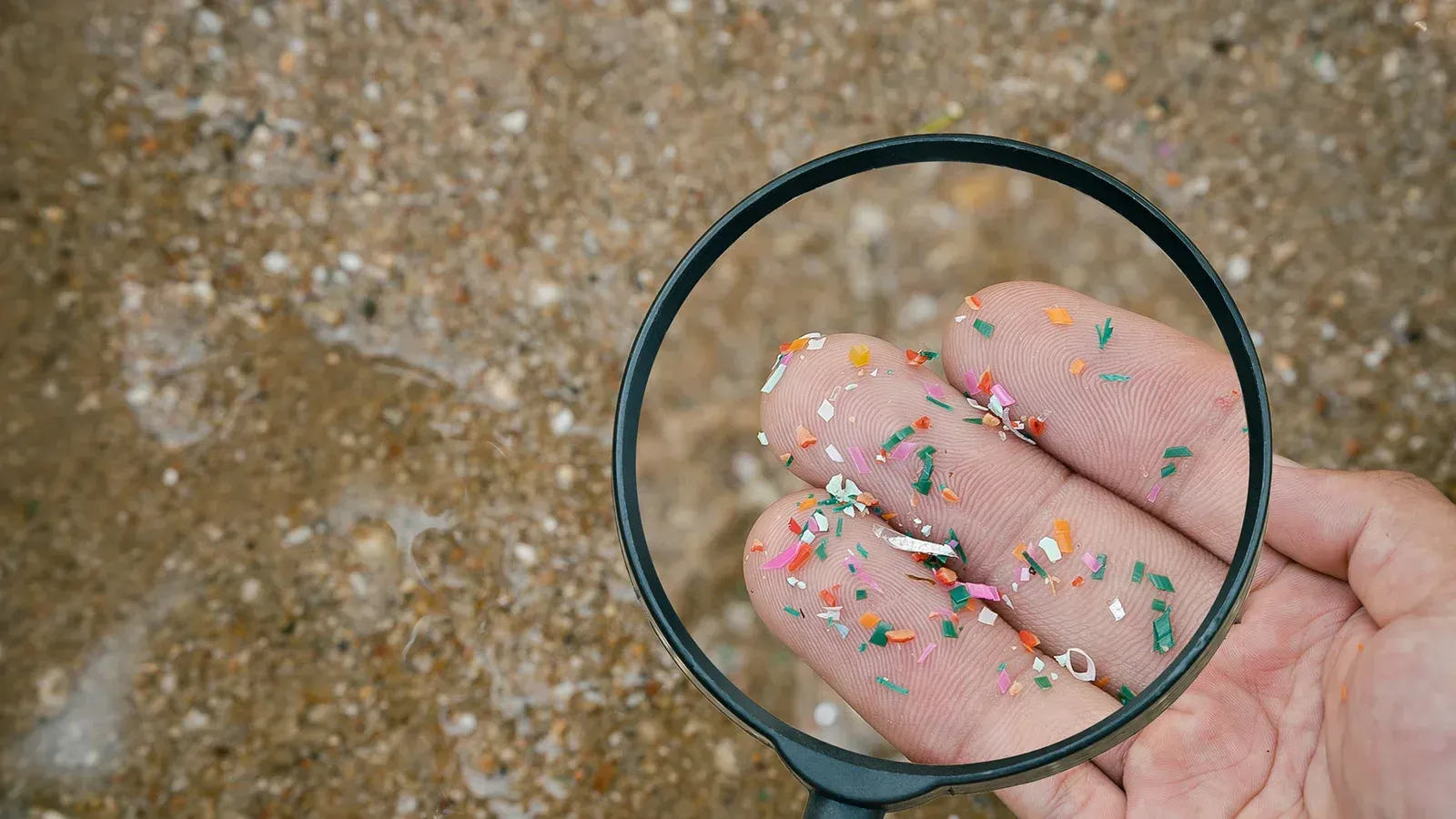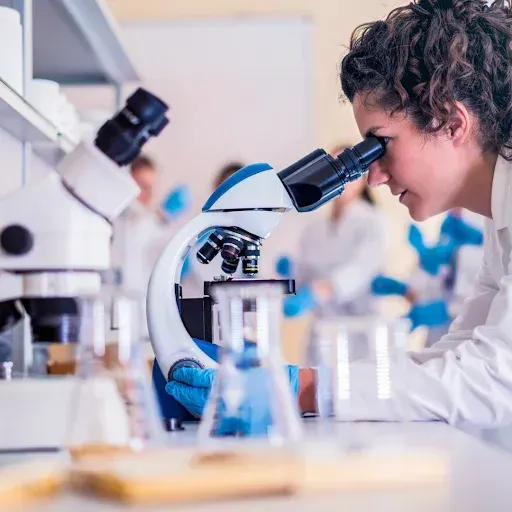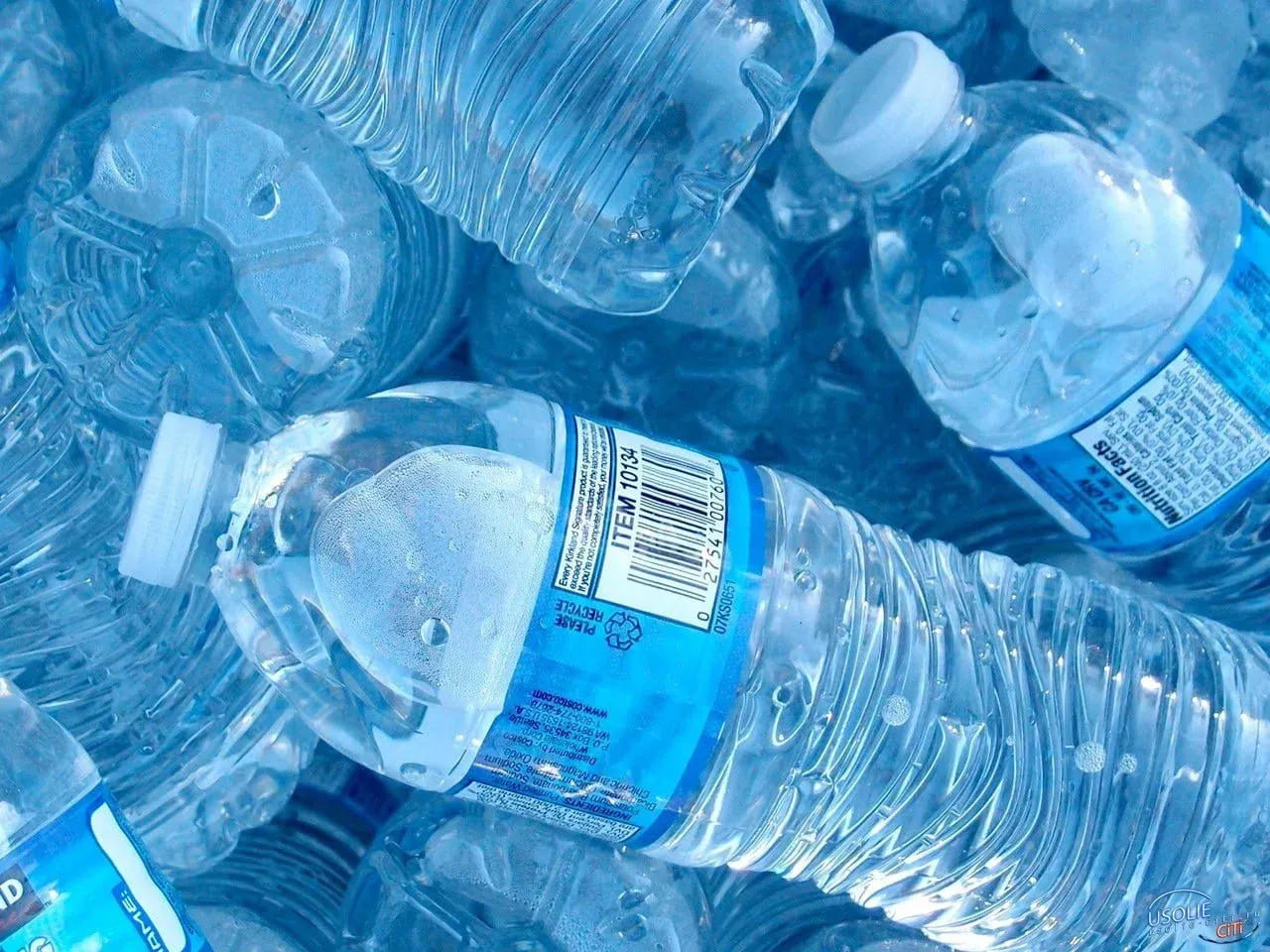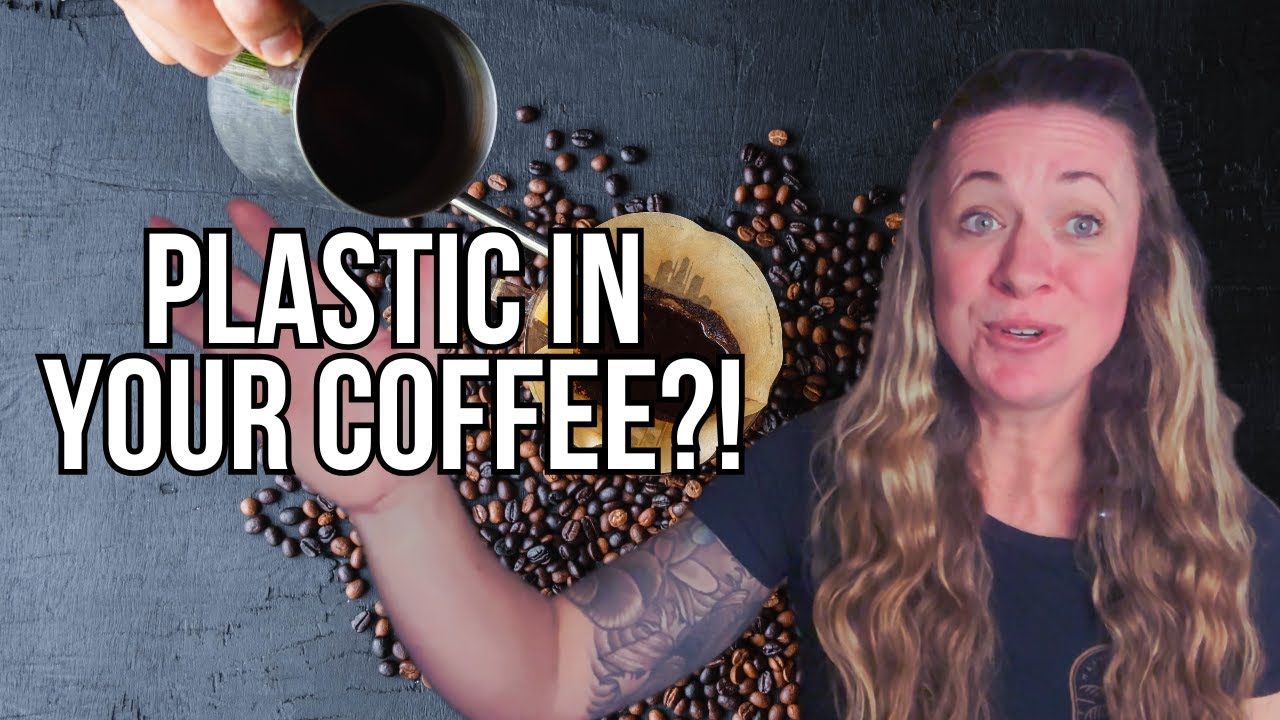Why You Should Never Microwave Plastic Containers: Health Risks & Safer Alternatives
Affiliate Disclosure: This article contains affiliate links. If you purchase a product through these links, we may earn a small commission at no extra cost to you. Check out our complete Replace Plastics Top Picks for more eco-friendly alternatives.
Have you ever microwaved leftovers in a plastic container? Chances are, you might not have realized that heating plastic can release harmful chemicals into your food. In this post, we’ll explain the health risks associated with microwaving plastic, including the leaching of chemicals like BPA and phthalates, and offer safer alternatives that will protect your health and the environment.
Don’t Microwave Your Plastic Containers
Microwaving food in plastic containers may seem convenient, but it comes with hidden dangers. When plastic is heated, it can release toxins and microplastics into your food, increasing your exposure to potentially harmful substances.
Microwaving Plastic Is a Health Hazard
Plastic containers are not designed to withstand the high temperatures of a microwave. When heated, plastic can release chemicals such as BPA (bisphenol A) and phthalates that act as endocrine disruptors. These chemicals interfere with your body’s hormones and may lead to issues like:
- Hormone Disruption:
BPA and phthalates can disturb your endocrine system, potentially causing reproductive problems, weight gain, and even increasing cancer risks. - Toxin Leaching:
Heated plastic may break down into microplastics that carry toxic substances. These tiny particles can cross biological barriers, accumulate in the body, and contribute to long-term health risks.
Safer, Healthier Alternatives for Food Storage
To avoid the risks associated with microwaving plastic, consider switching to alternative storage materials that are safe, durable, and eco‑friendly:
Glass Containers
Glass is non‑toxic and does not leach chemicals, even when heated. It is microwave‑, oven‑, and dishwasher‑safe, making it an excellent choice for food storage and reheating.
Stainless Steel
While stainless steel isn’t microwave‑safe, it is a fantastic option for storing food, packing lunches, or keeping leftovers fresh without risk of chemical contamination.
Ceramic
Ceramic containers are durable and safe for use in the microwave. They provide an attractive, long‑lasting alternative to plastic that won’t compromise your food’s safety.
Microwaving plastic containers is more than just a minor inconvenience—it can be a significant health hazard. Chemicals released from plastic, including BPA, phthalates, and microplastics, may disrupt your hormones and accumulate in your body over time.
By choosing safer alternatives such as glass, stainless steel, and ceramic for food storage and reheating, you can significantly reduce your exposure to these toxins. Small, everyday changes in your kitchen can lead to a healthier lifestyle and contribute to a cleaner environment.
Ready to upgrade your kitchen? Check out our Top Picks for Stainless Steel, Glass, and Ceramic Storage Solutions and make the switch to a safer, more sustainable routine today.
